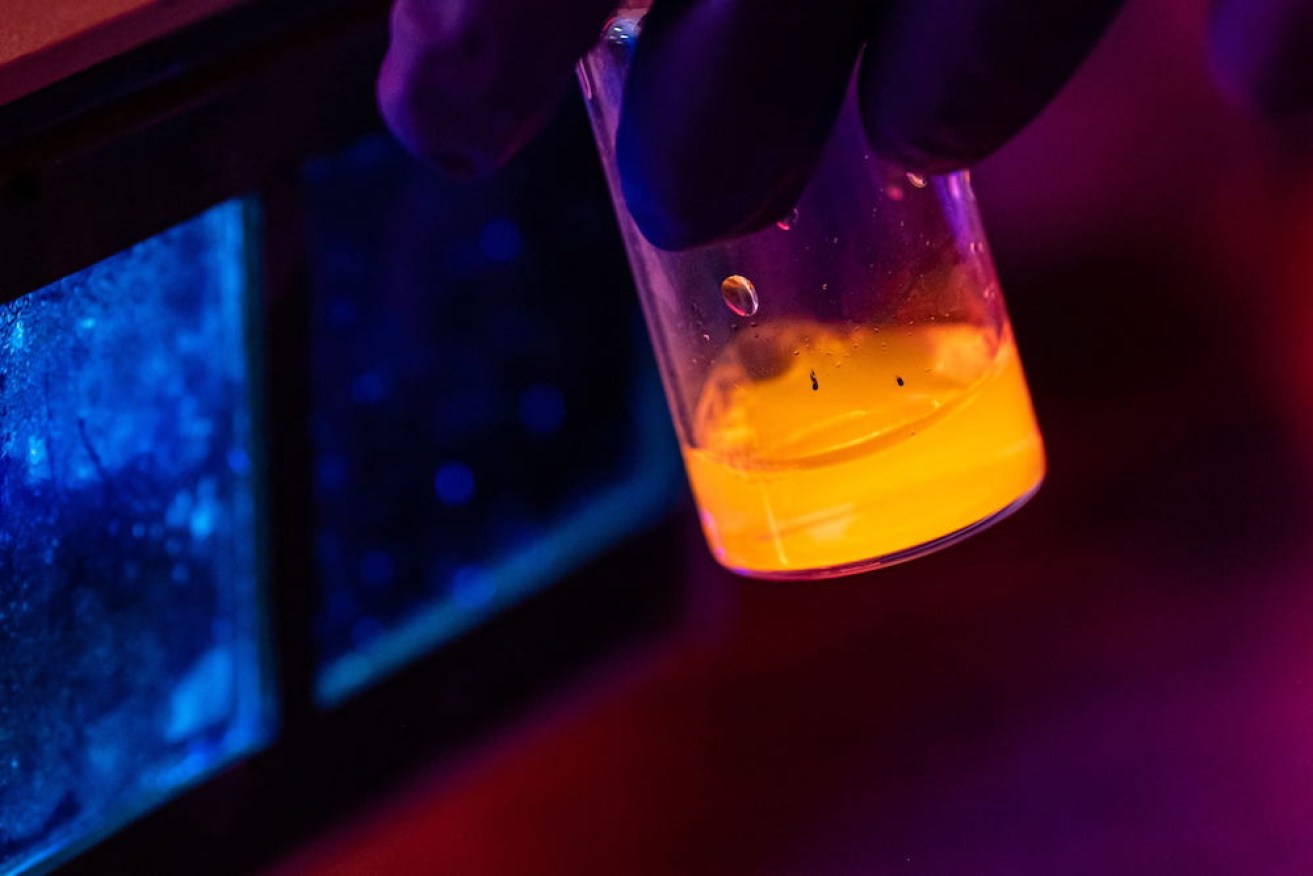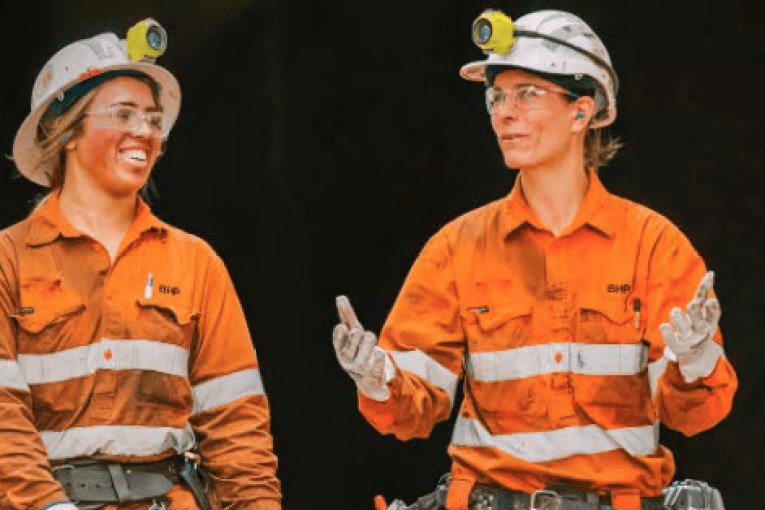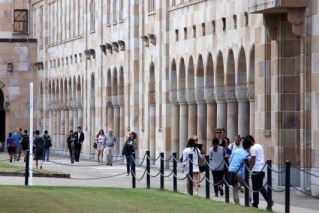PPK gets funds for its ‘revolutionary’ battery development
Brisbane company PPK Group’s Li-S Energy offshoot has raised $3.25 million to help fund what it calls a revolutionary lithium sulphur battery project.


PPK is developing Boron Nitrate Nanotubes, regarded as much stronger than steel but flexible.
PPK is developing the project in a joint venture with Deakin University and the investment in the Li-S Battery project was the second “application of research” with the university.
It has previously said the Li-S Battery project would be “vigorously pursued” and that Deakin University had contracted the resources to meet the two-year timeline with initial funding already provided.
“The Li-S battery research project will focus on several new technologies that address limitations in current battery design as well as introducing revolutionary innovations in new battery architecture enabling flexible film form batteries,” PPK said.
“Lithium Sulphur batteries are next-generation batteries that offer significant improvements over current Lithium-ion batteries in performance and safety.”
Previously known for its work in the mining services sector, PPK bought a major stake in the patented Boron Nitride Nanotubes manufacturing technology from tech incubator Australian Innovation Centre two years ago.
It has entered a 20-year license with Deakin University to commercialise their patented process for producing BNNT which were discovered more than two decades ago but are yet to be produced in high-quality commercial quantities.
The BNNT can be used as nanoinsulators in the Li-S battery chemistry to protect battery components and enable superior energy storage and re-charging functionality.
It said the BNNTs are stronger than any metal or carbon fibre, extremely flexible, excellent thermal conductors, optically and infrared transparent, chemically stable, able to withstand extreme temperatures, have neutron shielding capability and are electrical insulators.
One of PPK’s strategies is to develop Boron Nitride Nanotubes in pure grade and in commercial quantities.
Earlier this year, PPK said production levels from a single furnace on a single shift were now running at 10 grams per day and at 99 per cent purity.
“This combination can be simply scaled up to produce far larger quantities of BNNT from multiple production units operating in multiple shifts,” the company said.
BNNTs are considered the world’s strongest and most advanced fibre and offer significant material benefits in aviation, automotive, space travel, power generation, batteries, electronics and defence.
“Both PPK and Deakin University remain extremely positive regarding the future prospects of the Li-S Battery incorporating BNNT given the multiple areas already identified for the application of these combined technologies,” PPK said.
PPK holds a 65 per cent stake in the lithium sulphur joint venture.












